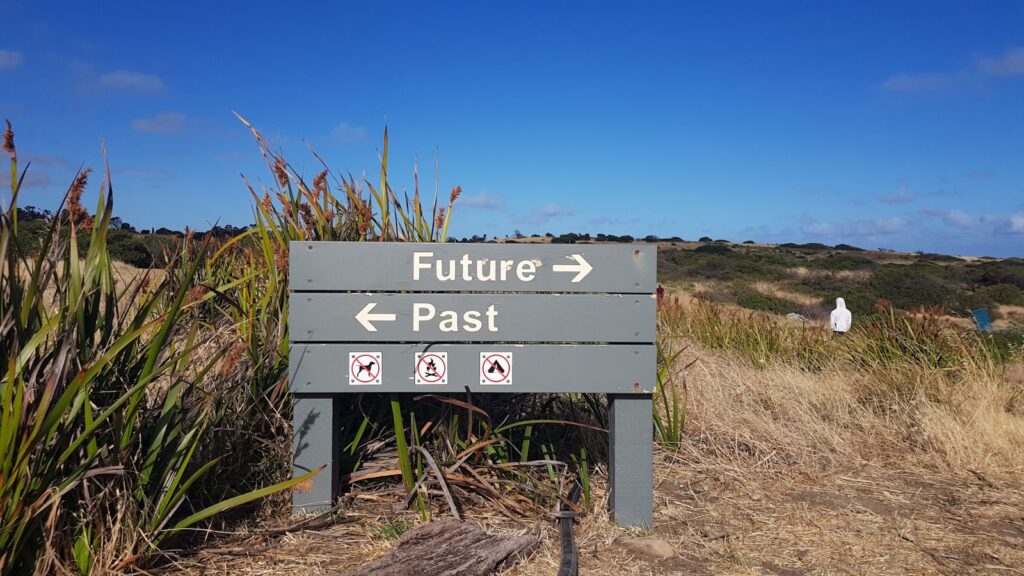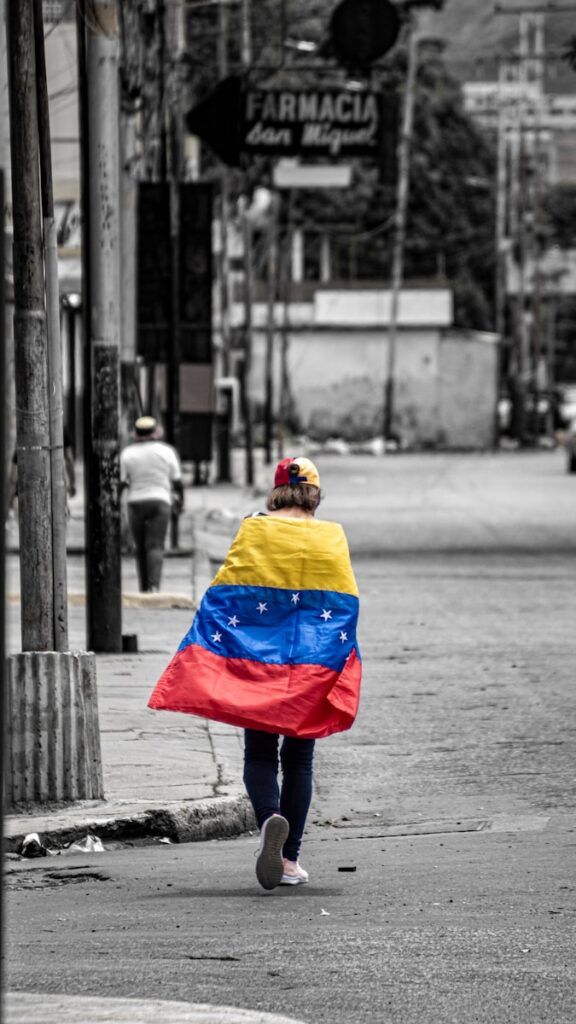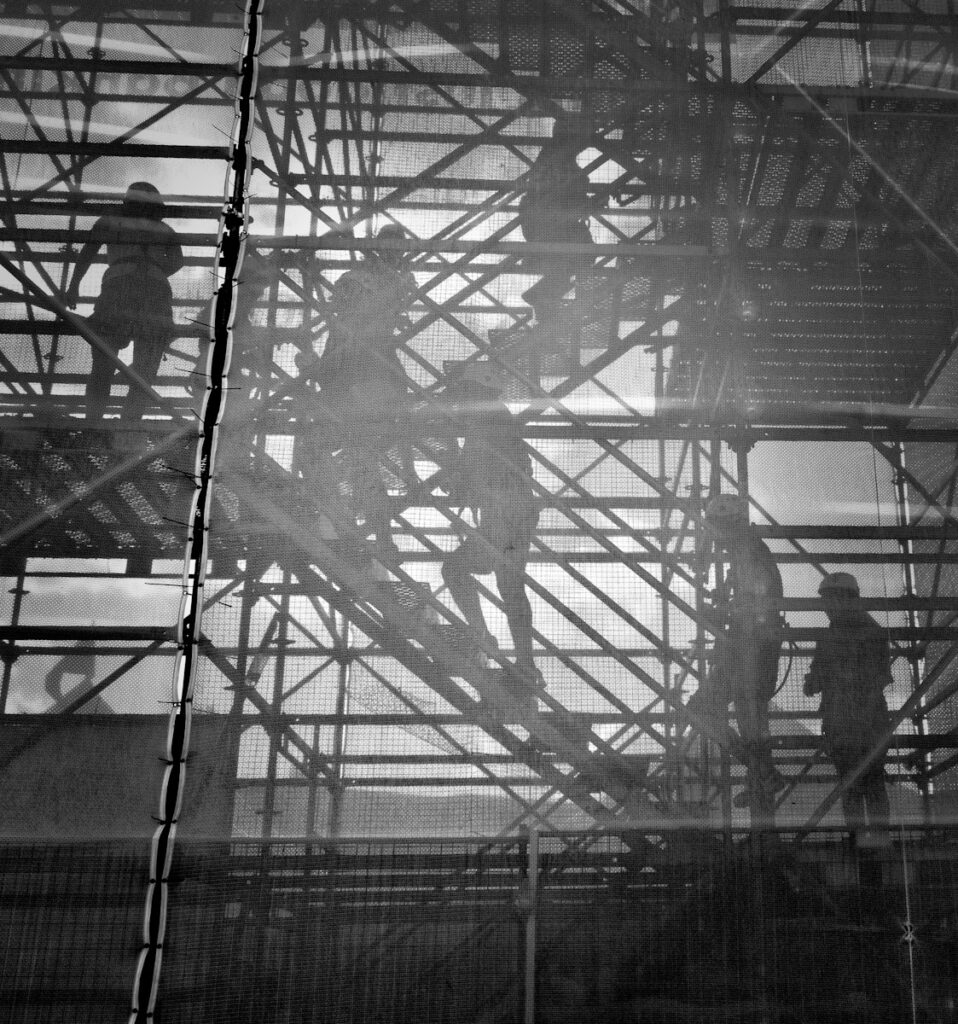
It Would Be Best If Bulgarian Parliament Takes a Break Until Spring Elections
The first few weeks after the introduction of the euro have passed, and all indications suggest that the new currency is gradually becoming dominant in everyday circulation. Despite some attempts to stir up tension, the initial days went relatively smoothly—with the expected pressure on cashiers in retail outlets, but without any serious systemic problems.










![Is Simplification Enough? In Conversation with Martin Vlachynsky [INTERVIEW] Is Simplification Enough? In Conversation with Martin Vlachynsky [INTERVIEW]](http://4liberty.eu/phidroav/2026/01/cats.jpg)
